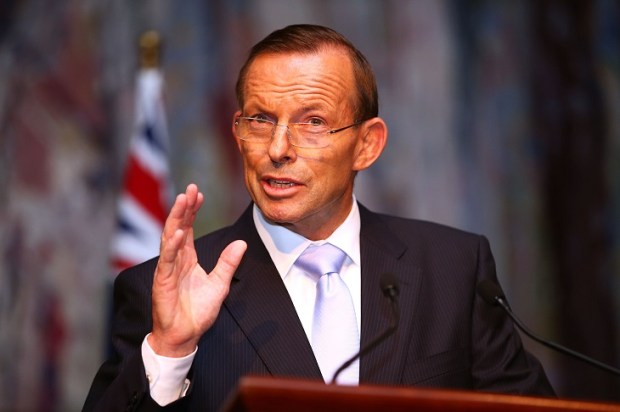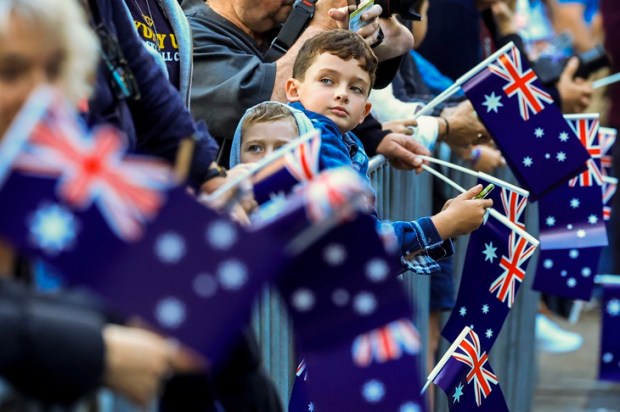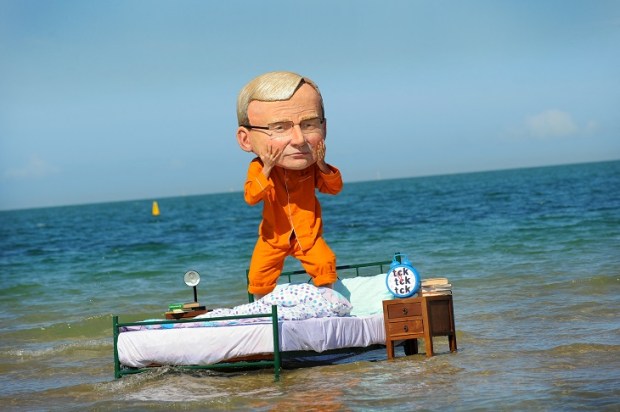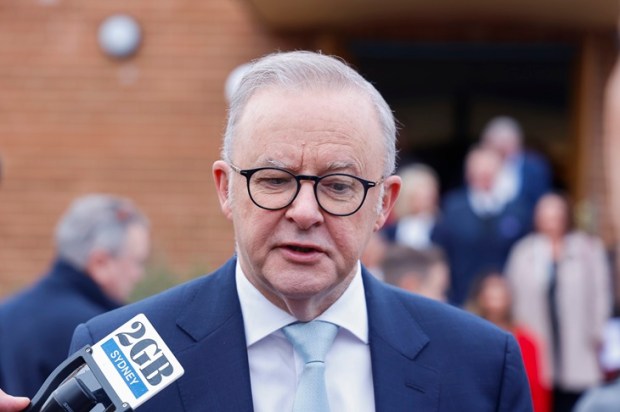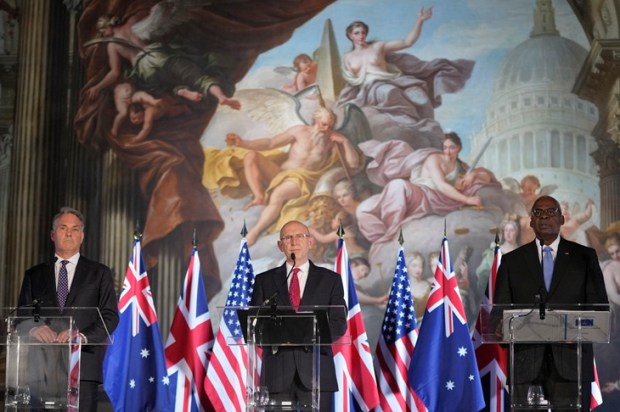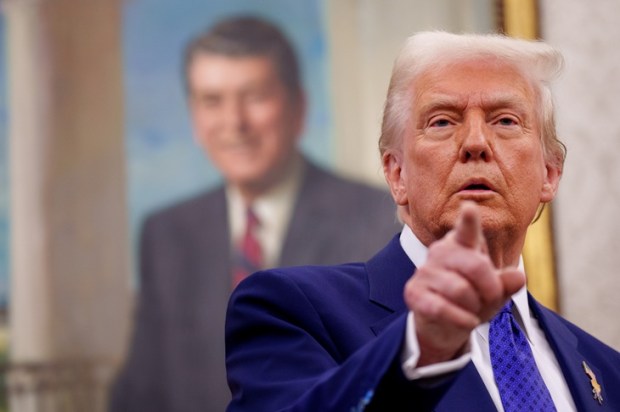The last time an Australian government pursued an independent foreign policy was when Prime Minister Billy Hughes took his wish list to the Paris Peace Conference after the Allies won the first world war. That it, to some extent, dovetailed with what the British wanted in Paris was immaterial to Hughes. His short, but ambitious, list included the acquisition of some, if not all of Germany’s colonies in the Pacific, indemnities to be paid to Australia and to stymie any aspirations the Japanese might have for racial equality. He achieved the first, very little as far as the second was concerned and a horrible success with the third. Ironically that he achieved the first, in the form of a Mandate C for Papua New Guinea went some way to helping Australia avoid the dire consequences to some part set in motion by his success in the third.
Hughes aspirations for colonies in the Pacific, for their financial worth to Australia but also to serve as protection from the consequences of what he believed would soon be an increasingly military aggressive Japan mirrors in some ways Australia’s foreign policy in the Pacific today. But rather than Japan, now an almost ally in the Aukus agreement, it is concerns over China that shapes Australia’s foreign policy decisions in the Pacific. And rather than just cold calculations about the benefits to Australia, today there is genuine consideration of the welfare of Pacific Islanders. Anthony Albanese success in brokering a deal on a new Pacific-wide policing pact is about helping people in the Pacific islands, consolidating our friendships with those people, with possibly the added benefit of keeping China out.
However, revelations from the conversation between Anthony Albanese and the US Deputy Secretary of State Kurt Campbell lessen the positives of the achievement. The US Deputy Secretary of State Kurt Campbell was overheard telling Anthony Albanese that America had ‘given (Australia) the lane’ to implement the Pacific-wide policing pact. This aside casts Australia once again in the role of playing wingman to United States. It could also be seen as a reminder from the Americans that in the past we had neglected to pay attention to events in Pacific resulting in the 2022 Solomon Islands-China security deal. This deal, in 2022, prompted the Biden government to reopen, in February 2023, an embassy in the Solomon Islands. This done however there is no doubt the United States expect Australia to pull her weight in the Pacific.
That we have to be reminded of our responsibilities in the Pacific to be good neighbours, means that those watching see Australia as doing the United States bidding. In the matter of the Pacific, America’s lake as Eisenhower called it, this means China is forever casting us as a country that is the United States lackey and a country that does not have its own independent foreign policy.
Whether it was Albanese’s idea or not, it is the right idea to put Australian taxpayers’ money, to the tune of $400 million, into the funding of policing initiatives in the Pacific but what was revealed when he was ‘just having a chat’ with his ‘mate’ US Deputy Secretary of State Kurt Campbell is at odds with Australia’s interests. Australia’s interests can be best served by playing fair in the Pacific but also seeing to be a country that determines its own foreign policy.
Similar to Hughes foreign policy in 1919 it is possible this policy will coincide with what our ally, the United States, wants. That it might is well and good but if it doesn’t then at least, similar to when Hughes was Prime Minister, we will have put Australia’s interests first and in doing so we will have integrity. This is no small thing for ultimately Australia’s modelling of its political system and society is the most powerful force for creating the kind of world we want to live in.


